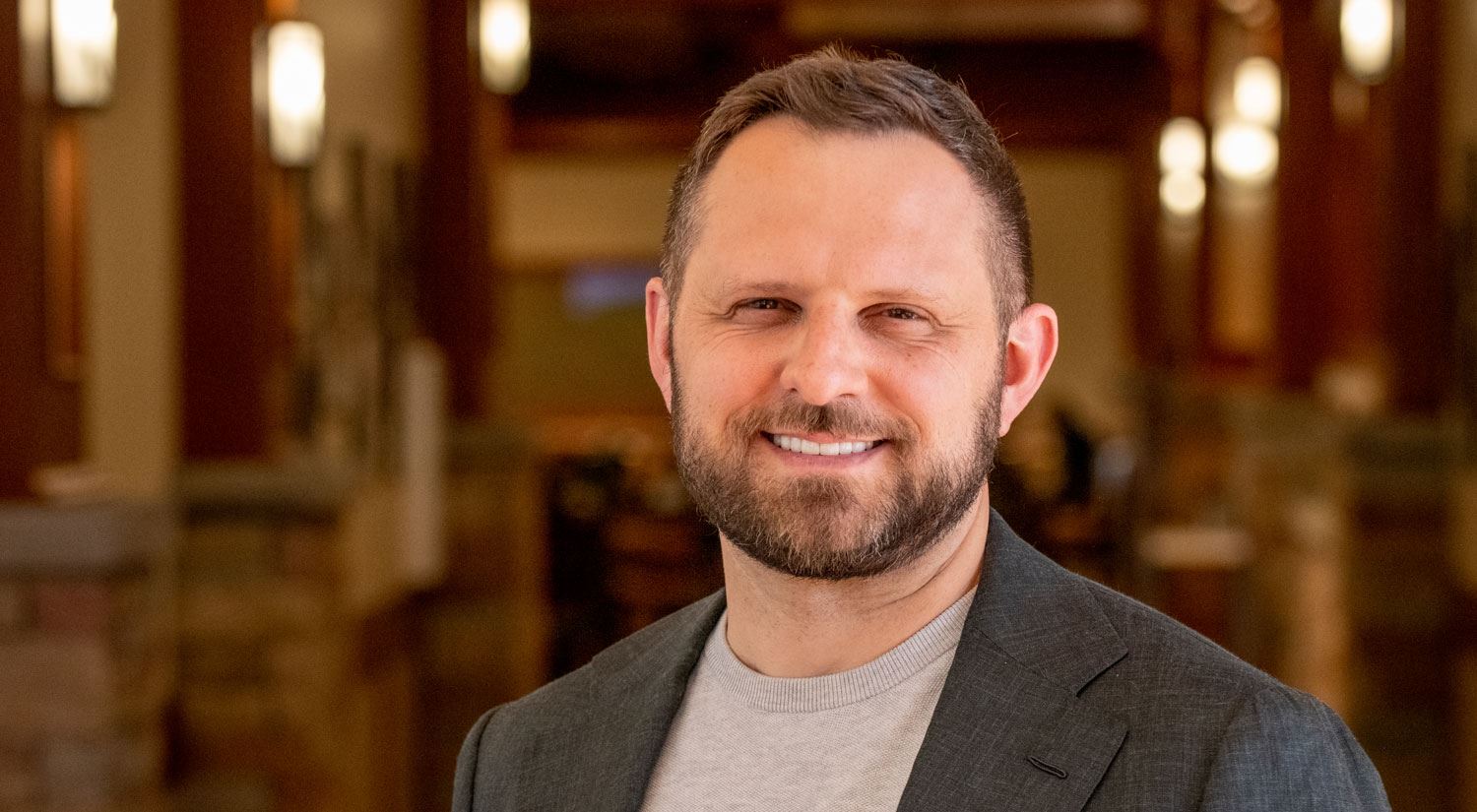Varicose Veins with Dr. Ethan Munzinger: What They Are and How to Eliminate Them
- Category: Heart Care, Heart and Vascular Center
- Posted On:
- Written By: Amiee Beazley

Varicose veins are a common problem. According to the medical publication Circulation, varicose veins affect 22 million women and 11 million men between the ages of 40 and 80. Of these, two million men and women will develop symptoms and signs of chronic venous insufficiency, including venous ulceration.
But what, exactly, are varicose veins, why do we develop them, and why is it important to see a trained interventional cardiologist like Dr. Ethan Munzinger at Valley View to treat them?
When valves in the veins don’t close properly, the veins dilate or stretch out, causing a varicosity, which is also known as a varicose vein. The backwards flow of blood resulting from a vein valve that is unable to close, is called insufficiency.
“At Valley View we’re able to treat both superficial vein problems such as varicose veins, and more serious problems such as deep vein blood clots and vein occlusions,” says Dr. Munzinger.
Dr. Munzinger sees vein issues in a spectrum of patients – young and old, athletes and the sedentary, those who have no other real medical problems and those who have long-term illness – basically everyone is susceptible. Many times, patients are referred to Dr. Munzinger from primary care providers seeking solutions for “circulation” problems.
“There is often confusion about what the cause of leg problems might be – an arterial blockage or problem with the vein or some combination thereof,” says Dr. Munzinger, who began at Valley View in October 2023. “Perhaps those patients were instructed to wear support hose, but this doesn’t address the underlying issue.”
In the case of varicose veins, the bigger issue of venous insufficiency is sometimes missed as patients seek a cosmetic quick fix. Dr. Munzinger’s knowledge and background goes much deeper into the underlying vein issues.
“If you go for only sclerotherapy of a spider vein, yes it will be gone, but you may not be receiving complete vein treatment, and the underlying cause may not be addressed. It’s helpful to see someone with medical training in endovascular medicine, so that you can receive complete care.” (Sclerotherapy is a treatment where liquid is injected into the vein, causing it to scar and break down. Blood then flows through nearby healthy veins and the defective vessel is absorbed into normal tissue.)
At Dr. Munzinger’s office, diagnosis begins with a non-invasive ultrasound test performed by a registered and certified vascular sonographer, following a clinical exam by Dr. Munzinger himself.
Treatment for varicose veins begins with non-invasive, medical compression, along with increased exercises including regularly walking and calf exercises. Some cases require a minimally invasive, low-risk procedure called radiofrequency ablation. This treatment closes the problem vein and reroutes blood flow to healthier veins. Alternative therapies include use of a sclerosing foam, VenaSeal glue or laser. These are outpatient procedures with an efficacy rate of greater than 90 percent.
“One of the things that is unique to Valley View is that we give sedation for this procedure,” he says. “Because the procedure is done in our cath lab, we are able to offer a light twilight sedation. Patients seem to appreciate these vein procedures are much less painful here, than in a typical office setting.”
If a blood clot is found in a superficial or varicose vein, Dr. Munzinger will vacuum out the clot, and perhaps add a stent based on severity. This is all done under light sedation to help minimize pain.
“Almost all vein procedures are outpatient procedures, the exception being patients with deep blood clot or deep vein thrombosis (DVT),” explains Dr. Munzinger. DVT would require hospitalization.
While varicose vein problems don’t often affect quality of life, they can still be uncomfortable and unsightly, and Dr. Munzinger says it’s still important to alleviate the symptoms.
“Folks need to be aware they don’t need to suffer,” he says. “We can help them improve their quality of life.”
Dr. Munzinger is welcoming new patients at Valley View's Heart and Vascular Center locations in Eagle, Glenwood Springs and Grand Junction. Learn more or schedule an appointment at 970.512.8227.